Lviv and Western Ukraine Offer Great Potential for Tourism from Israel
On 20 May 2015 Ukraine International Airlines airline starts direct flights between Tel Aviv to Lviv once a week. This can become a historic event for the development of tourism and business ties between Israel and the western regions of Ukraine.
Before the start of the flights, a large group of Israeli journalists and managers of tourist companies were invited to Lviv to get acquainted with the possibilities in the Galician capital and the entire region. The Israeli guests were shown historical monuments, natural sites, hotels, health centers and restaurants of Lviv, the Carpathian Mountains, Truskavets, Drohobych, Zhovkva, Belz, and other places.
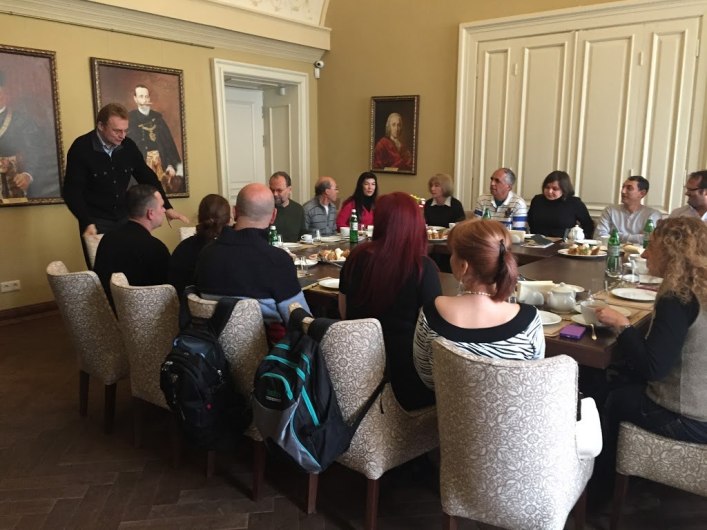
Lviv Mayor Andryi Sadovyi held a meeting with the Israelis, where he emphasized his interest in attracting tourists and investors from Israel. The mayor also noted that he has big hopes for the activities of the Honorary Consulate of Israel in Lviv and Western Ukraine, which will be opened at the end of May under the direction of Oleg Vyshnyakov. Following the visit, the Ukrainian Jewish Encounter asked Seth Frantzman, the editor of the “Opinions” section of Israel’s Jerusalem Post to comment on the situation.
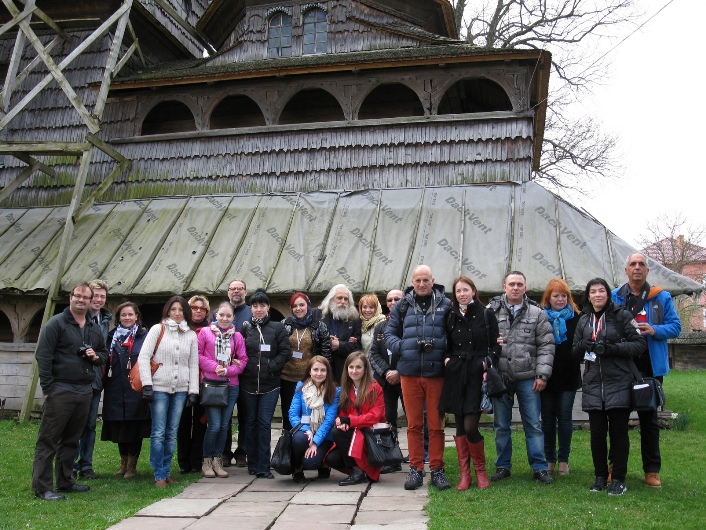
Frantzman is not only a journalist, but also a professional historian, and that is why his view on what he saw in Lviv and Western Ukraine has a strong historical foundation. Frantzman noted that both Lviv and the surrounding towns have a rich Jewish history and a complex chronicle of Jewish-Ukrainian-Polish relations. Lviv maintains and develops the best of the heritage from the Austro-Hungarian Empire and Poland, is proud of its historical heritage, and underlines the role of the Jewish community in the development of the city. The city is very convenient for tourists; there are new places for recreation and entertainment.
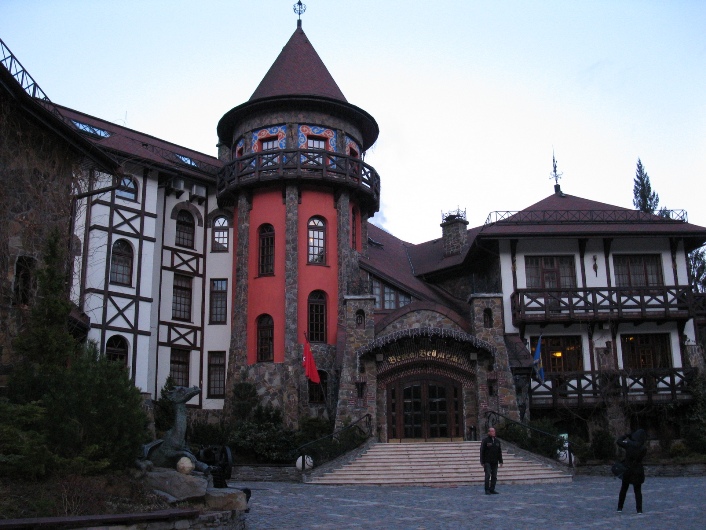
Lviv is particularly impressive in using the legacy of Viennese coffee culture. At the same time, according to Frantzman, the grim shadow of the Holocaust remains on the streets of Lviv in the eyes of Jewish and Israeli tourists because the city still does not have a decent memorial to the nearly 150 thousand Jews killed. Many Jewish sites remain semi-abandoned (for example, the ruins of the Golden Rose synagogue and the old Jewish cemetery near the former Jewish Hospital – S.B.).
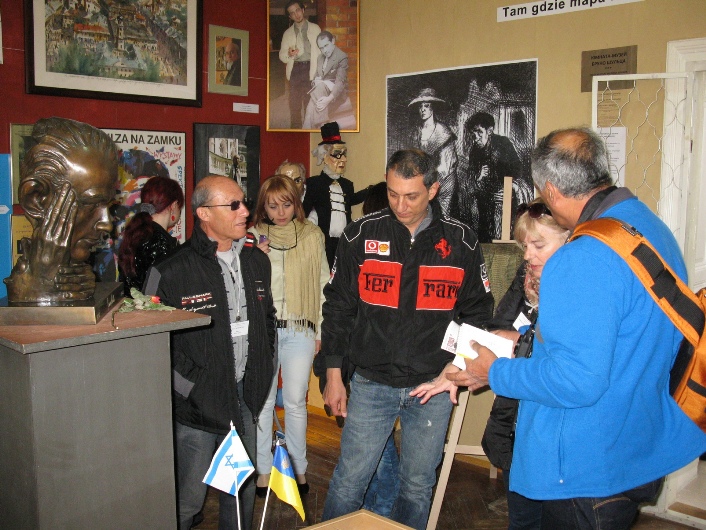
Frantzman was also critical about the pseudo-Jewish restaurant Under the Golden Rose. In his view it is not because the food is not really tasty, but the fact that the menu consists of rather primitive dishes which belong to the contemporary Middle Eastern cuisine of Israel. Thus, tourists cannot try the authentic dishes that have been on the tables of Jews in Lviv one hundred years ago.
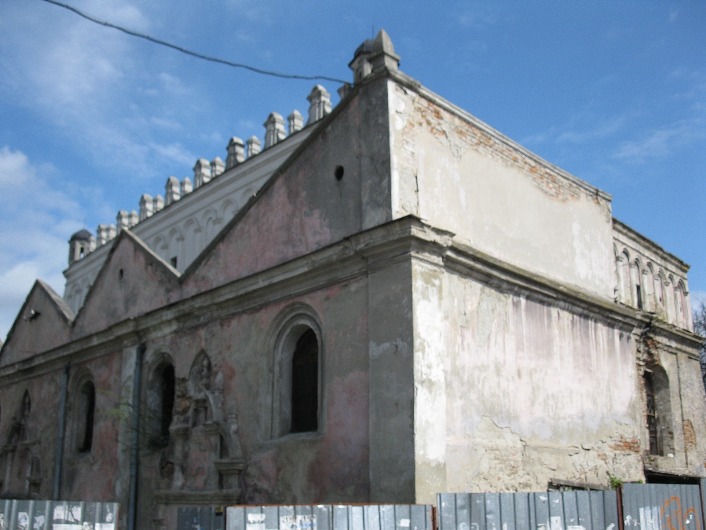
Thus, tourists cannot try the authentic dishes that have been on the tables of Jews in Lviv one hundred years ago. Frantzman gave high marks to the George and Cavalier hotels in Lviv, while noting that the Citadel Hotel situated in the former military fortress, while elegantly decorated, is far from the tourist center. Frantzman gave the most positive feedback to the sanatoriums and mini-hotels in the Carpathian Mountains, as well as the mineral waters of the region. For example, he especially singled out the Vezha Vedmezha hotel in the woods of the Skole district in the Lviv region. The hotel offers a wellness area and a play space for children.
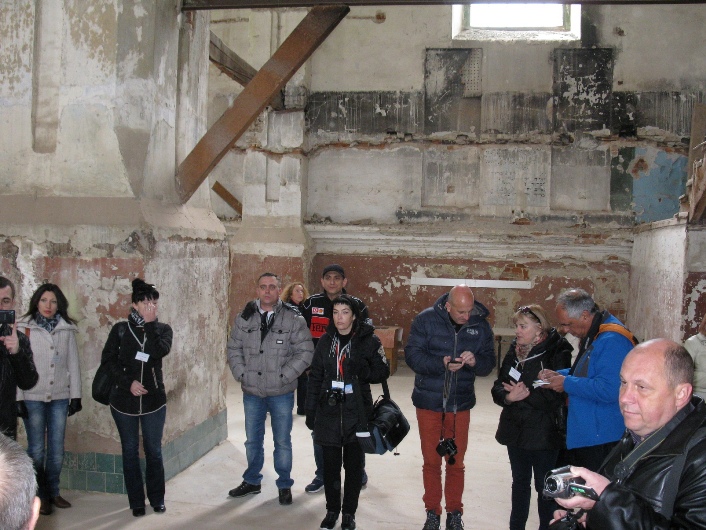
“This place is just a fairy tale, an old castle amidst the picturesque forests and mountains. The only negative thing is the bad road that does not let you get there from the city quickly,” Franzman noted in his observation of the transport problem in the entire region. “It is a pity that foreign tourists, reading the news about the war in the east of the country and the economic crisis, are afraid to come to Lviv. In fact, this region has a lot to offer: a rich history, beautiful scenery and cities, and the mysterious and alluring Carpathian Mountains, which are the bridge of civilizations. Lviv is a large and attractive city. The ghosts of the past are there, but this city has a great future,” he said.
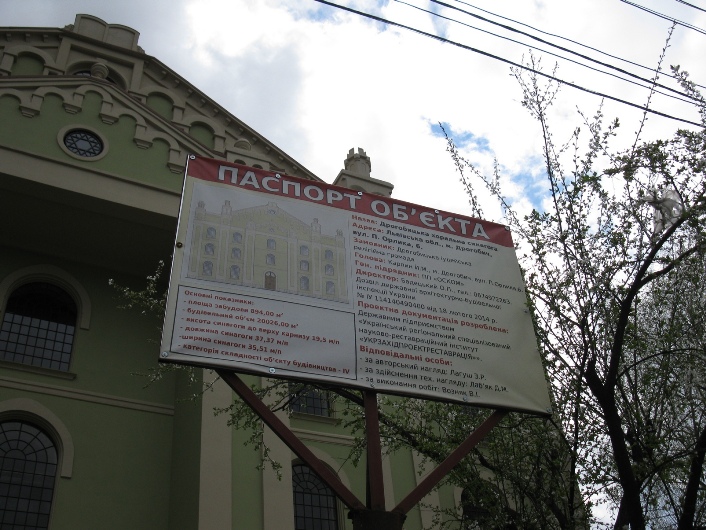
The author of this article visited Lviv twice in 2012 and 2013. Based on what he saw there, as well as on what he has seen in the Czech Republic and Poland, he advises Lviv to develop international tourism on the Prague and Krakow model. Both of these cities have invested heavily in the restoration of the Jewish Quarter and Jewish historical sites (Józefov and Kazimierz) and they have become a magnet for tourists. Lviv still has to do a lot in this regards in order to make its Jewish monuments look as attractive.
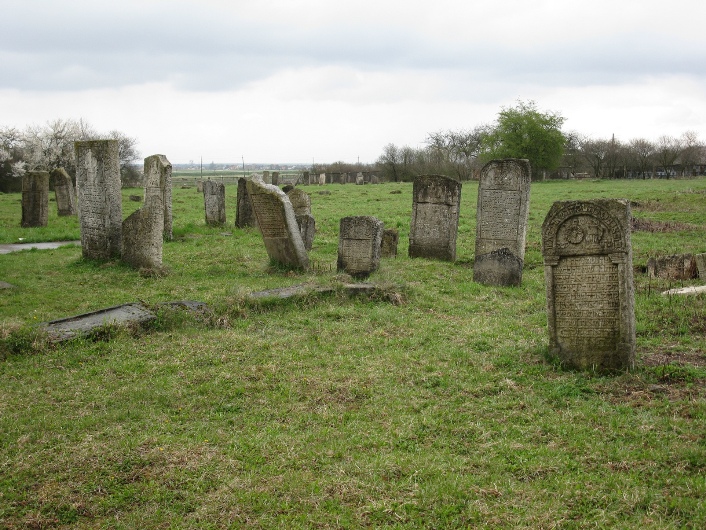
Lviv also has to establish kosher food options for tourists from Israel, the European Union and the United States who observe Jewish traditions. When it comes to air links, Lviv should be connected to Israel and Europe through inexpensive low-cost flights. Flights should be scheduled not once but twice a week so that potential visitors could be offered 3-4-day flight-hotel tour packages.
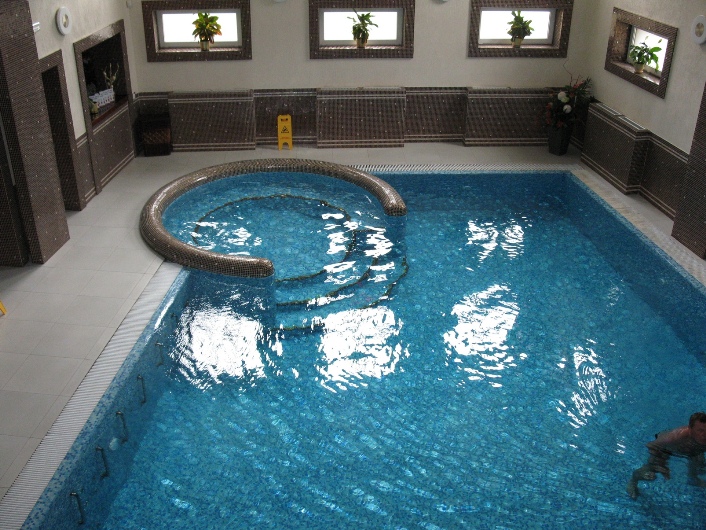
Another option that is potentially interesting for Israelis is health and family tourism in the spas in the Carpathian Mountains. Western and Israeli tourists discovered Prague in 1995, Krakow in 2005, and Lviv also has the potential to become a global tourist discovery in 2015.
Photos: Municipality of Lviv
Shimon Briman, Israel



















